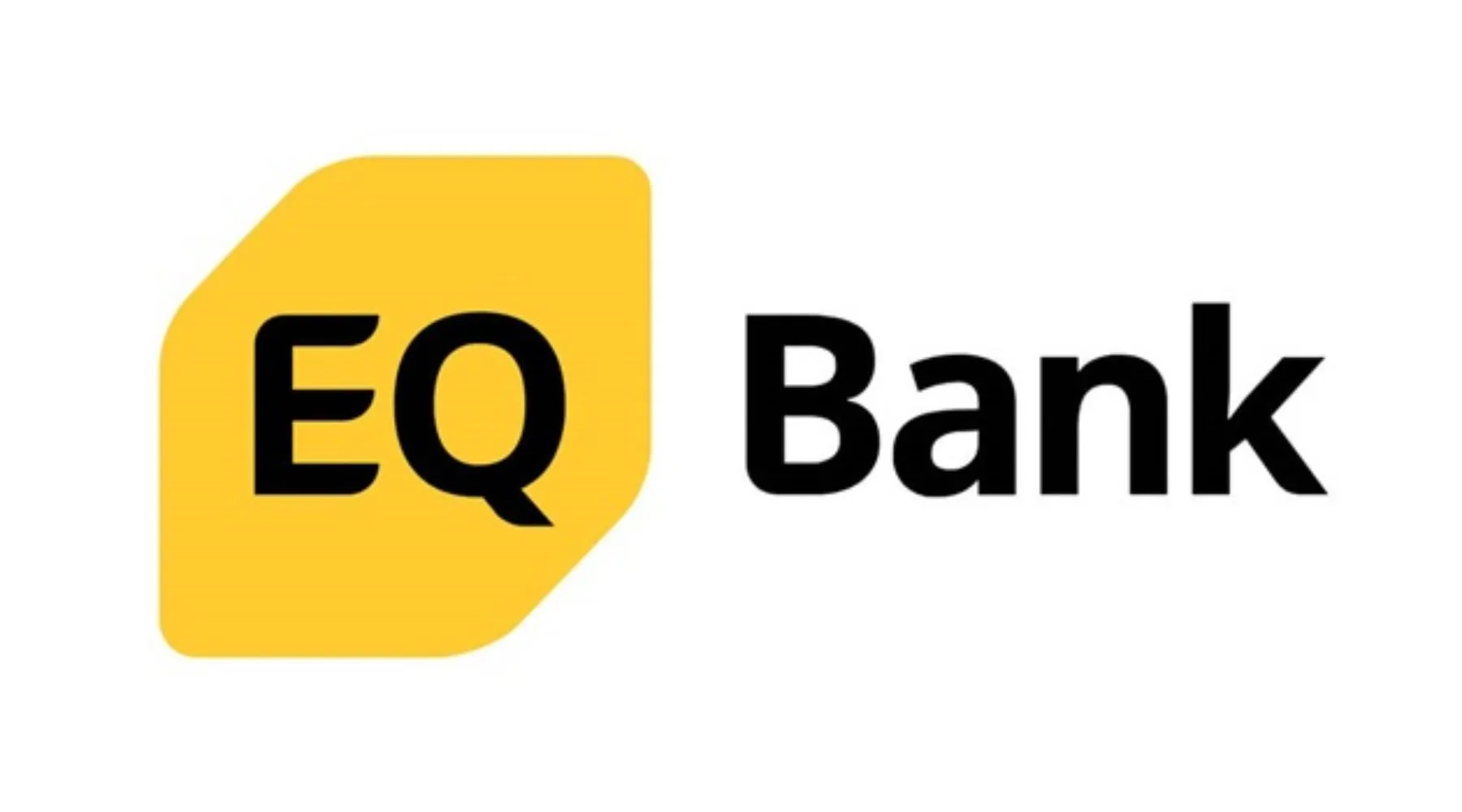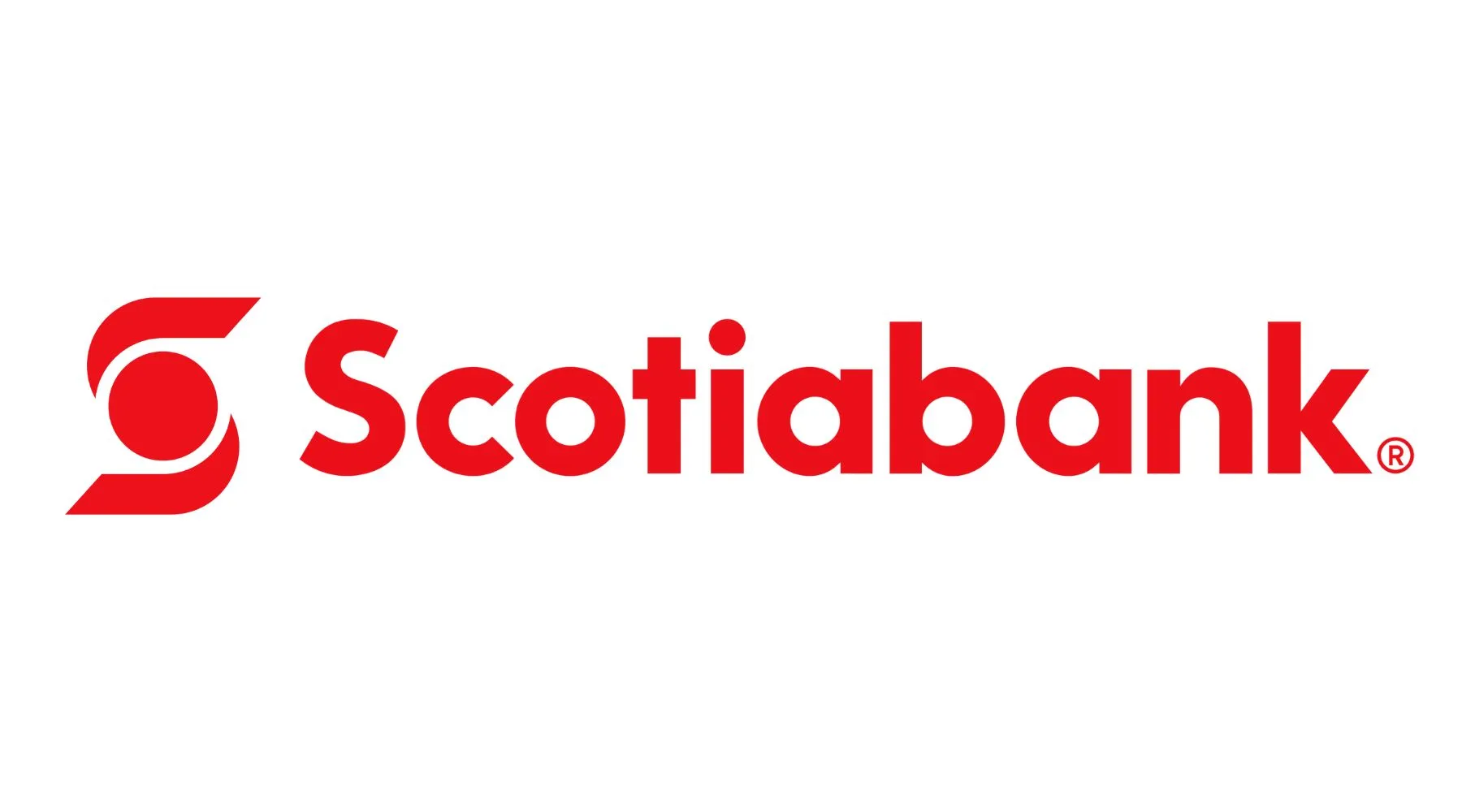On average, full-time tuition fees for undergraduate students in Canada cost $6,834 per year. That’s a lot of money for most people, which is why you might need a student loan to help pay for school.If your credit history is less than perfect, you might be asking yourself one important question: Can you get a student loan with bad credit? The good news is that it’s possible to get student loans for bad credit in Canada. Keep reading to find out how.Can you get a student loan with bad credit in Canada?Yes, it is possible to get a student loan in Canada with bad credit. When you apply for student financial assistance through the Canada Student Financial Assistance Program, your financial situation will be assessed to determine whether you qualify for funding. Depending on where you live, you may qualify for a federal student loan as well as a loan from your provincial government. In many cases, you will not need to complete a credit check to apply, so bad credit won’t stop you from getting a student loan.However, in some provinces you will need to complete a credit screening process if you’re 22 or older and you’re applying for student financial assistance for the first time. So, if your credit history is less than great, it could harm your loan prospects.Alternatively, you may want to apply for a loan from a bank or private lender. Banks have strict eligibility criteria, so you’ll find it difficult to qualify for a bad credit student loan. But private lenders have lenient eligibility requirements and are willing to work with bad credit borrowers—just be aware that high interest rates usually apply.
Options for all credit scores
Fast application
Quotes from multiple lenders
Pre-approval in five minutes
Low interest rates
Funds in as little as 24 hours
Accepts bad credit borrowers
Easy online application
Quotes from multiple lenders
Access cash within 1-3 business days
High loan amounts of up to $50,000
Accepts bad credit borrowers
Same day funding
100% online
No hidden fees
No prepayment fees
Established lender
Student loan eligibility requirements by provinceHere’s a province-by-province breakdown of student loan eligibility requirements and how to apply for student assistance if you’re studying full time.AlbertaNo, starting in the 2023-2024 academic yearCanadian citizen, permanent resident or protected person statusAlberta residentNeed student financial assistanceAttend a school and program that are eligible for student aid (use this online eligibility checker to find out).Apply on the government siteBritish ColumbiaNo (students aged 21 or younger)Yes (if you are 22 years of age or older and applying for the first time)Canadian citizen, permanent resident or protected person statusValid Canadian SINResident of British ColumbiaEnrolled in an eligible program of study at an eligible post-secondary institution (check your school designation online)Can demonstrate financial needMake academic progress and achieve satisfactory academic standing in each period of study.Apply on the government siteManitobaNo, starting in the 2023-2024 academic yearCanadian citizen, permanent resident or protected person statusManitoba residentStudying at a designated school and program (check your school’s status online)Any previous federal or provincial student loans are not in defaultApply on the government siteNew BrunswickNo (if you’re 21 or younger)Yes (if you are 22 years of age or older and have never received provincial student financial assistance)Canadian citizen, permanent resident, protected person status or registered under the Indian ActNew Brunswick resident as defined by the programNeed student financial assistanceEnrolled or qualified to enroll in an approved degree, diploma or certificate program at least 12 weeks long at an eligible institutionMaintain a satisfactory scholastic standard.Not be delinquent or in default on a previous student loan.Apply on the government siteNewfoundland & LabradorNo (first-time applicants 22 years or older are no longer required to undergo a credit check)Canadian citizen (as defined in the Citizenship Act), permanent resident, protected person status or registered as an IndianResident of Newfoundland and LabradorValid Canadian SINDemonstrated financial needNot in default on previous federal and/or provincial student loansStudying full-time at a designated educational institutionEnrolled full-time in a program of study leading to a degree, diploma or certificate that is at least 12 weeks longApply on the government siteNova ScotiaNo credit check required for dependent studentsCanadian citizen, landed immigrant or protected personValid SINNova Scotia residentTake at least 60% of a full course load each termAttend a designated program at an eligible institutionAny previous student loans must be in good standingMaintain a satisfactory scholastic standardApply on the government siteOntarioNo, starting in the 2023-2024 academic yearCanadian citizen, permanent resident or protected personOntario residentMeet academic progress requirementsMust not have defaulted on a student loanApply on the government sitePrince Edward IslandNo (if you’re 21 or younger)Yes (if you’re 22 years of age or older and have never received provincial student financial assistance)PEI residentCanadian citizen or landed immigrant/permanent residentFull-time student at a designated post-secondary institutionApply on the government siteQuebecNoCanadian citizen, permanent resident, refugee or protected person statusQuebec residentEnrolled in an eligible program at an educational institutionApply on the government siteSaskatchewanNo, starting in the 2023-2024 academic yearCanadian citizen, permanent resident or a protected personSaskatchewan residentFinancial needEnrolled or qualified to enroll at a designated school in an approved program that is at least 12 weeks long and leads to a degree, diploma or certificateTaking at least 60% of a full course loadPrevious student loans are in good standingApply on the government siteWhat information and documents do I need to provide?The exact information and paperwork you’ll need varies depending on where you live. However, you’ll generally need your:NameDate of birthEmail address and phone numberSocial Insurance NumberProof of IDIncome from the last year (line 15000 of your income tax return)Emergency contact detailsYou’ll also need to provide details of your study program such as:Your program and educational institutionThe length of your programYour student ID numberFinally, you’ll also have to provide information about your financial situation. For example, the Government of Alberta requests the following details:How much money you’ll get from your parents or other sourcesThe amount of any awards you’ll receiveHow much your annual income will be reduced while you’re in schoolHow much can I borrow with a government student loan?The maximum amount you can borrow with a government student loan depends on factors such as:Where you liveWhether you have any dependentsYour incomeYour tuition fees and other expensesThe type of program you’re enrolled inWhether you’re a full-time or part-time studentWhether you have a disabilityFor instance, if you’re a BC resident with dependent children, you can receive up to $740 per week in loan and grant funding. If you don’t have dependent children, the limit is $520 per week. Lifetime loan limits also apply.Check with your provincial or territorial government for details of maximum loan amounts. The federal government also offers an online Student Aid Estimator you can use to calculate how much federal student aid you might qualify for under the Canada Student Financial Assistance Program.Can I get a student loan with bad credit from a bank?Canadian banks offer student credit cards, loans and lines of credit. Banks understand that as a student, you may have little to no credit history. So, it’s possible to get approved by a bank if you have limited credit history. Financial institutions want people to become lifelong customers and often offer attractive deals designed for students.If your credit history shows a trend of missing payments, you’ll have a harder time getting approved. If that’s the case, you may need to consider lenders with more lenient eligibility criteria or other financing options.Other ways to get financing as a student with poor creditGrants. Unlike loans, government grants don’t have to be repaid. When you apply for student financial aid with your provincial or territorial government, you’ll automatically be assessed to determine whether you qualify for a student grant. Eligibility is determined based on your family income and financial situation.Scholarships. Universities and training institutions across Canada offer scholarships to help students cover the cost of their studies. Scholarships are awarded on factors such as academic performance, so check with your school to find out if there are any scholarships you should consider applying for.Bursaries. A bursary is a monetary grant to help students cover the cost of their education. It’s offered based on financial need to help students who would otherwise not be able to afford to study.Private personal loans. Private lenders tend to have more lenient eligibility criteria than traditional lenders like banks. They’ll check your income to determine whether you can afford loan repayments, and they may require you to provide collateral (such as a car) to secure your loan. Be aware that these loans tend to come with high APRs.Secured credit cards. The credit limit of a secured credit card is based on the amount of your security deposit. It’s suitable for those with limited or poor credit. If you make on-time payments to pay off your card balance, your credit score will improve over time as will your chance of qualifying for a regular unsecured credit card.How to get a private student loan with bad credit and no cosignerPrivate lenders that offer personal loans have less strict eligibility criteria than traditional lenders like banks. Some lenders specialize in loans for borrowers with bad credit. Rather than checking your credit history, these lenders will consider your income to determine whether you can afford to repay your loan.You’ll need some form of income to qualify, but it’s possible to find lenders that accept part-time employment or government benefits as income. Others, such as car title loan lenders, require an asset as collateral to secure your loan. Check a lender’s eligibility criteria before deciding if you should apply.But you’ll also need to watch out for the high cost of borrowing. Bad credit student loans from private lenders come with high rates, so make sure you know the total cost of a loan before signing a contract.
Bottom lineYou can get a student loan even if you have bad credit. In many cases, you can apply for a government student loan without undergoing a credit check, but loan eligibility requirements vary depending on where you live. Private lenders also offer student loans for bad credit, but the fact that these come with high interest rates means it’s important to compare your options before applying.Frequently asked questions
Is it easy to get a student loan with bad credit?
Student loans from the federal government and provincial governments across Canada generally have quite lenient eligibility requirements. You often won’t need to complete a credit check to apply, so bad credit may not stop you from getting a loan.You typically won’t be able to qualify for a loan from a traditional lender like a bank if you have bad credit, but private and online lenders have less strict eligibility criteria. Just be aware that these loans typically come with steep rates and high fees.
Are there bad credit student loans with guaranteed approval?
Be wary of any lender that promises guaranteed approval. A legitimate lender will need to assess your income and existing debts to determine whether you can afford a loan. Advertising guaranteed approval could be a warning sign of a loan scam, so do your research to make sure the lender is trustworthy. Learn more about personal loan scams.
Where do I get quick student loans for bad credit?
If you’re applying for provincial or federal student assistance, it can take several weeks for your application to be processed. Private lenders that offer bad credit loans have much faster processing times, and it’s often possible to get approved and funded within 24 hours.


